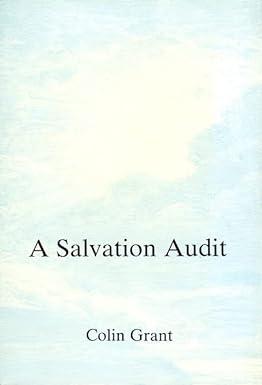Question
Assume that you are CFO of a company. Your company has reported a loss for the current year. Since it cannot carry back the entire
Assume that you are CFO of a company. Your company has reported a loss for the current year. Since it cannot carry back the entire loss to recoup taxes paid in prior years, it records a loss carryforward as a deferred tax asset. Your expectation is that future profitability will be sufficient to realize the tax benefits of the carryforward. Your Controller approaches you with an idea to create a deferred tax valuation allowance that will reduce the deferred tax asset, increase tax expense for the year, and increase your reported loss. He reasons that the company's stock price will not be reduced markedly by the additional reported loss since a loss year has already been factored into the current price. Further, this deferred tax valuation allowance will create a reserve that can be used in future years to increase profit (via reversal of the allowance) if needed to meet analyst expectations.
1) What accounts get debited and credited if the valuation is taken?
2) What stakeholders are potentially affected by the Controller's proposal?
3) How do you respond to the proposal? Justify your response.
Step by Step Solution
There are 3 Steps involved in it
Step: 1

Get Instant Access to Expert-Tailored Solutions
See step-by-step solutions with expert insights and AI powered tools for academic success
Step: 2

Step: 3

Ace Your Homework with AI
Get the answers you need in no time with our AI-driven, step-by-step assistance
Get Started


